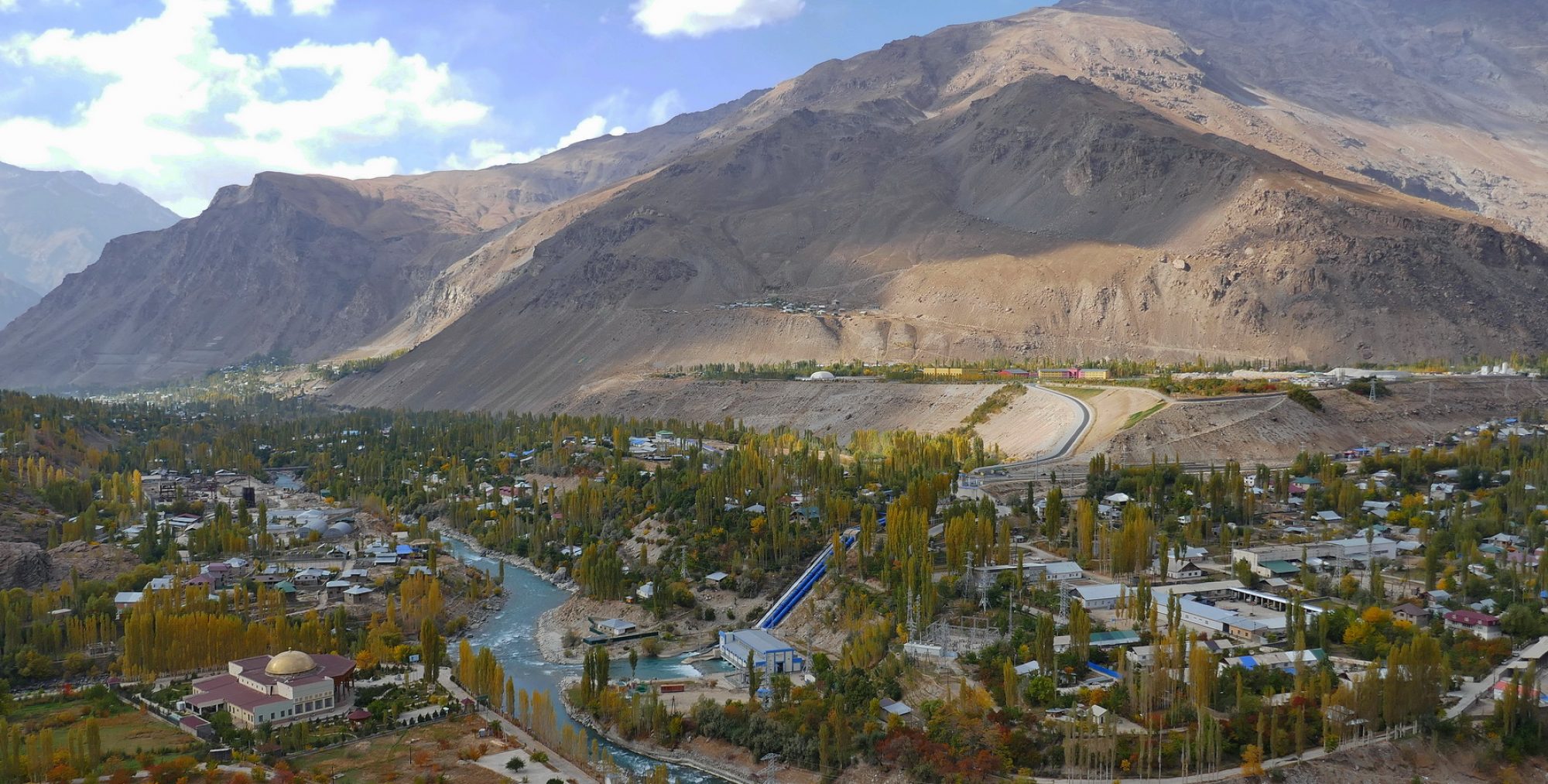1. What have you found inspiring and/or interesting about contributing towards the new EES degree for Central Asian students?
It was a happy coincidence that I ran into this job right before my university graduation ceremony. It was the perfect fit for the kind of work I want to pursue in the future. This project has broadened my perspective on the kind of career I can have. It felt very personal to me because I come from that region and am familiar with the obstacles and opportunities that a new international post-secondary university can have to the land. I sometimes think that maybe, if the undergraduate programs of UCA existed back when I was graduating high school I would have chosen to study closer to home. Having this university on the land and in the mountains means that students have the chance to become global citizens while being able to stay close to their families where they can learn about their ancestry and traditions. Though they speak English within the classroom, outside of it or in the town they communicate with their Central Asian tongue. EES degree has a great potential for further knowledge generation in the region. Especially after the gap of knowledge between USSR and the independence of some CA countries.
I had the honour of working with course developers from both the science and social science fields. I feel that UBC as an institution has a lot to offer to those who are creating spaces of knowledge in places like UCA. Faculty of Geography where I graduated from has definitely expanded my worldview. The EOAS faculty stands as one of the best in Canada and in the World, so it is inspiring to see that the ideas that circulate within the confines of the Lower Mainland go further to places in the world that are unfamiliar to those outside it. However, I would encourage the knowledge with a CA context from our project to be used in UBC’s classrooms too.
Going to the World Mountain Forum and representing UBC has been a great honour. Traveling to Bishkek where the conference was held allowed me to connect the dots between there and my homecity Tashkent. The speakers, presenters and attendants of the forum were inspiring in the themes they addressed about mountain development. We need more action and the voiced of mountain people need to heard louder.
2. What have you learned by working on this project – in terms of new knowledge, improved skills, and/or enhanced awareness about learning or teaching generally, and about Central Asia?
When collecting the case histories for Tara Holland I encountered endless spiral of academic articles that spoke about history that was new to me. Issues around pasture degradation in mountains of CA was something I was unfamiliar with before starting this work. It was not surprising to read about the consequences of dramatic land use changes within a short Soviet period.
At the time where I was reading a lot of material for the case histories, Francis introduced me to Zotera. I think Zotera has improved my researching skills by sorting the references and saving me a lot of time.
Enhanced awareness about learning/teaching- Before entering this job I was fascinated by pedagogy. I wanted to understand the ways in which we can make it more just and inclusive of other-than-western pedagogy. What I learned was that I was hard sciences we much more ridged to adjustments because they include the fundamentals behind understanding science. This position enhanced my awareness about bringing theory into the real world.
